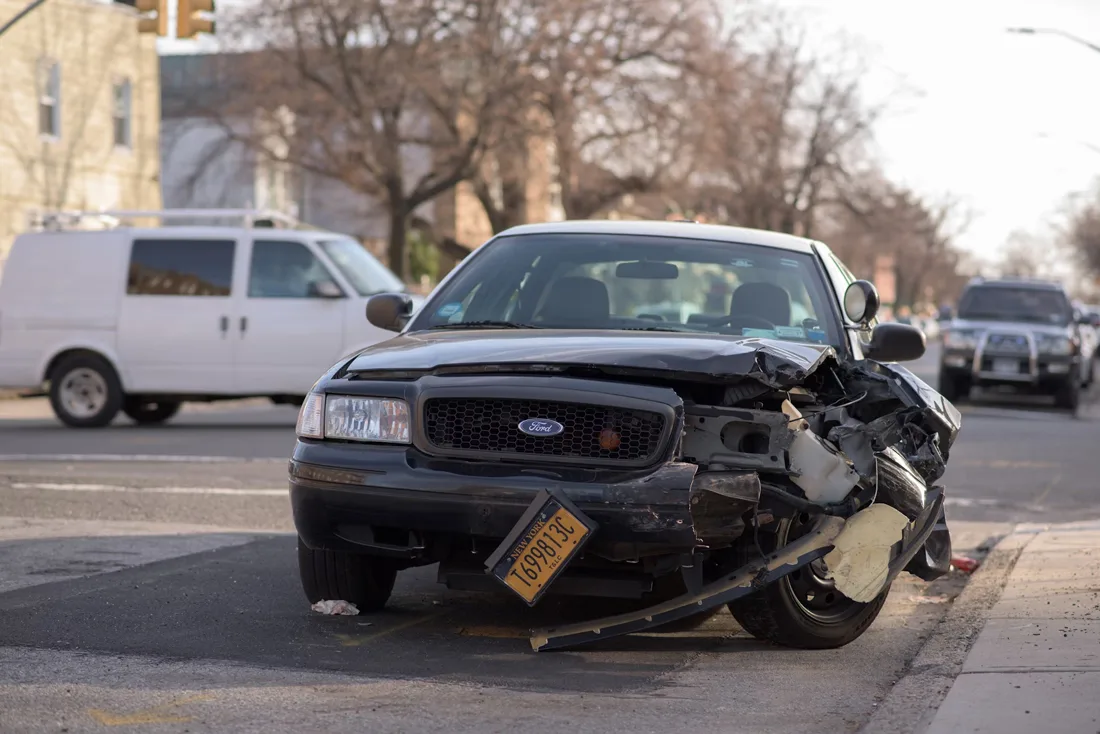Car accidents are a frighteningly common occurrence. Statistics show they are a leading cause of injury, and according to a recent study, one in three families will be impacted by a car accident in their lifetime. But the emotional toll doesn’t stop with the person directly involved.
Witnessing a loved one suffer physical or psychological trauma after a car accident creates a ripple effect, causing what we call “secondhand suffering” for family members. This can manifest in many ways, and while legal issues surrounding the accident are often complex, understanding your rights and seeking guidance from a qualified professional can be a crucial step toward navigating this difficult journey.
Consult a car accident lawyer immediately if you’re involved in one. They can provide valuable guidance and support throughout the legal process while you focus on supporting your loved one and dealing with the impact on your family.
Read on to learn more about the impact of car accidents on families and how to cope with secondhand suffering.
The Emotional Toll on Families
The emotional strain on families after a loved one’s car accident is immense. Witnessing the sudden trauma and the long road to recovery can trigger a wave of difficult emotions. Anxiety about a loved one’s well-being becomes a constant companion. Fear of losing them or facing a future with permanent injuries can be paralyzing. Helplessness often sets in, leaving family members feeling powerless to control the situation.
Anger might surface, directed at the person responsible for the accident or even the injured loved one for being in harm’s way. Guilt, too, can creep in, especially if the family member feels they could have somehow prevented the accident. Depression can become a heavyweight, fueled by ongoing stress and a loved one’s struggles.
The emotional toll doesn’t stop there. For some family members, witnessing the accident or dealing with the long-term effects can lead to Post-Traumatic Stress Disorder (PTSD). Flashbacks, nightmares, and hypervigilance can become a daily reality.
These intense emotions can significantly disrupt family dynamics. Communication can suffer, tempers might flare, and relationships might become strained. The once-familiar family unit can feel fractured, leaving everyone struggling to cope in their own way.
The Financial Burden of Recovery
Aside from the emotional toll, car accidents can also significantly burden families financially. Medical bills can quickly skyrocket, covering emergency care, surgeries, rehabilitation, and ongoing medical needs.
Lost wages become another primary concern, especially if a family member needs to take time off work to care for an injured loved one. This can create a domino effect, impacting the family’s ability to pay bills and maintain their standard of living.
The financial stress adds another layer of strain on top of the emotional turmoil. Worrying about mounting medical costs and lost income can feel overwhelming, exacerbating the anxiety and depression experienced by family members.
Legal options may exist to help recover some of these costs, easing the financial burden and allowing families to focus on their loved one’s recovery. We’ll discuss this further later.
Practical Challenges and Disruptions
Beyond the emotional and financial strain, car accidents can throw a family’s daily life into disarray. Here are some of the practical challenges families often face:
- Transportation difficulties: A damaged car creates a transportation hurdle. Getting to work, making appointments, and running errands becomes a logistical nightmare, especially if public transportation is limited.
- Childcare issues: If a parent is injured and unable to care for children, scrambling for childcare adds another layer of stress and potential expense.
- Household responsibilities: Keeping up with housework, cooking, and other chores becomes a burden when family members are injured or emotionally drained.
These disruptions can further exacerbate the existing emotional and financial strain. The constant juggling act takes a toll on everyone’s mental well-being, and the added stress can make financial concerns even more overwhelming.
Coping Mechanisms and Support Systems
Dealing with secondhand suffering after a car accident is tough, but there are ways to cope. Here are some tips for taking care of yourself and supporting your loved one while navigating this challenging time:
Seek Professional Help
Don’t hesitate to seek professional help for yourself and your family. Counseling or therapy can provide a safe space to process complex emotions, develop coping mechanisms, and improve communication within the family unit.
Connect With Other Families in Similar Situations
Connecting with other families who have gone through similar experiences can be incredibly beneficial. They can offer understanding and support while sharing their own coping strategies. Look for support groups in your community or online.
Take Care of Your Physical Health
It’s crucial to prioritize self-care, especially during times of high stress. Eating well, getting enough rest, and exercising can help manage emotions and maintain overall well-being.
Lean on Your Support System
Don’t be afraid to lean on friends and family for support. They can provide a listening ear, offer practical help, and give you much-needed breaks from stress.
Exploring Legal Options
As mentioned earlier, legal options may be available to help ease the financial burden on families affected by car accidents. These include:
- Personal injury claim: If your loved one was injured in the accident, they may be able to pursue a personal injury claim to seek compensation for damages such as medical expenses, lost wages, and pain and suffering.
- Wrongful death claim: In the tragic event that a loved one passes away due to injuries sustained in a car accident, family members may be able to pursue a wrongful death claim to seek compensation for financial losses and emotional distress.
- Insurance coverage: Make sure to review your insurance policies, including auto and health insurance, to see what coverage is available for medical expenses and other costs related to the accident.
It’s essential to consult a reputable and experienced personal injury lawyer who can assess your case and guide you through the legal process. They can also offer support and advocacy during this challenging time.






